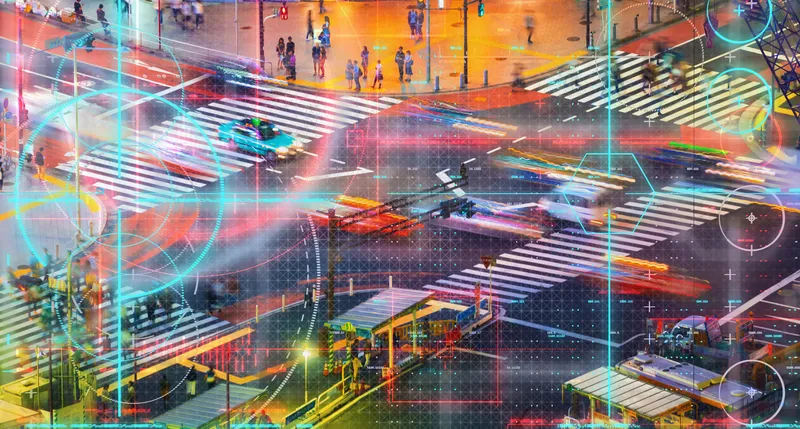According to a report by the Bureau of Infrastructure, Transport and Regional Economics (BITRE) claims the rising costs of congestion in Australia’s major cities underscores the case for real road pricing reform, says Infrastructure Partnerships Australia (IPA).
Updating a similar report from 2007, the traffic and congestion cost trends for Australian capital cities report puts congestion costs for society as a whole in 2015 at US$11.7 billion. IPA believes this will rise to US$36 billion in 2030 if noth
November 16, 2015
Read time: 2 mins
According to a report by the Bureau of Infrastructure, Transport and Regional Economics (BITRE) claims the rising costs of congestion in Australia’s major cities underscores the case for real road pricing reform, says Infrastructure Partnerships Australia (IPA).
Updating a similar report from 2007, the traffic and congestion cost trends for Australian capital cities report puts congestion costs for society as a whole in 2015 at US$11.7 billion. IPA believes this will rise to US$36 billion in 2030 if nothing is done and has reiterated its call for road pricing reforms to help fix the problem.
Sydney, the nation’s biggest city, will see the most gridlock, with congestion costing US$4 billion this year, rising to US$9 billion by 2030. In Melbourne, the congestion cost of US$3 billion this year will rise to US& billion by 2030 and Brisbane will see an escalation from US$1.6 billion to US$4 billion in next fifteen years.
“Everyone is in vigorous agreement about Australia’s transport problem, what we are missing is a process to fix it,” said IPA chief executive Brendan Lyon.
“The magnitude of the impacts will depend on the projected level of growth in vehicle usage, but even with the lowest projections, the cost of congestion will continue to rise. Avoidable congestion is inefficient and wasteful and impacts upon economic productivity.
“We have spent a decade attempting incremental fixes to fundamental flaws in the current approach. We hope that the release of today’s statistics will signal to political leaders that we are up for a discussion about real reform, and that a process to properly consider pricing reform will be actively supported by motorists.
“Charging drivers dependent on when, where and how they use their vehicles can change demand patterns. If implemented effectively, it can cause reduced congestion in peak periods allowing city to function effectively in turn reducing the avoidable costs of congestion.”
Updating a similar report from 2007, the traffic and congestion cost trends for Australian capital cities report puts congestion costs for society as a whole in 2015 at US$11.7 billion. IPA believes this will rise to US$36 billion in 2030 if nothing is done and has reiterated its call for road pricing reforms to help fix the problem.
Sydney, the nation’s biggest city, will see the most gridlock, with congestion costing US$4 billion this year, rising to US$9 billion by 2030. In Melbourne, the congestion cost of US$3 billion this year will rise to US& billion by 2030 and Brisbane will see an escalation from US$1.6 billion to US$4 billion in next fifteen years.
“Everyone is in vigorous agreement about Australia’s transport problem, what we are missing is a process to fix it,” said IPA chief executive Brendan Lyon.
“The magnitude of the impacts will depend on the projected level of growth in vehicle usage, but even with the lowest projections, the cost of congestion will continue to rise. Avoidable congestion is inefficient and wasteful and impacts upon economic productivity.
“We have spent a decade attempting incremental fixes to fundamental flaws in the current approach. We hope that the release of today’s statistics will signal to political leaders that we are up for a discussion about real reform, and that a process to properly consider pricing reform will be actively supported by motorists.
“Charging drivers dependent on when, where and how they use their vehicles can change demand patterns. If implemented effectively, it can cause reduced congestion in peak periods allowing city to function effectively in turn reducing the avoidable costs of congestion.”








